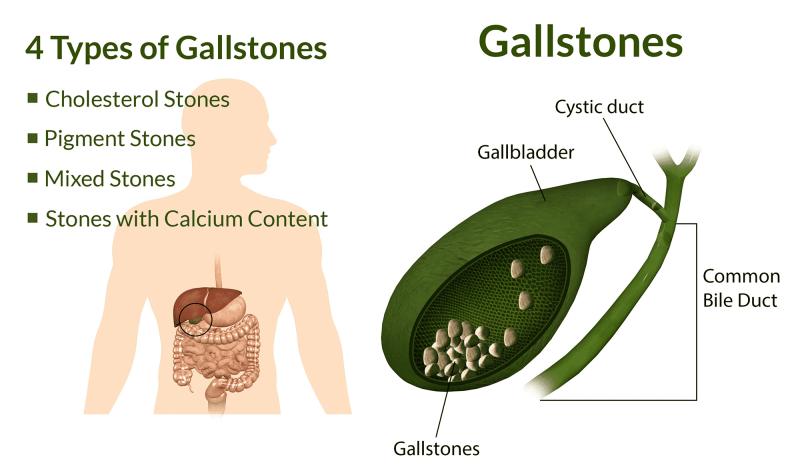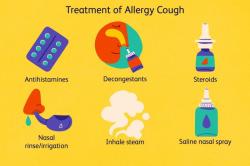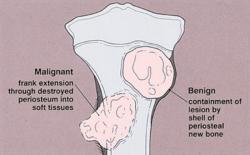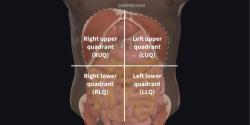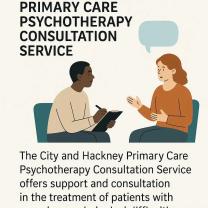How to flush out your gallbladder?
The concept of "flushing out" the gallbladder often refers to methods claimed to help prevent or treat gallstones or promote gallbladder health. It's important to note that the efficacy and safety of these methods are not universally accepted within the medical community, and any attempt to flush out the gallbladder should be approached with caution. Always consult with a healthcare professional before attempting any form of gallbladder cleanse or flush.
Here are a couple of methods that people sometimes try:
1. Dietary Changes:
Low-Fat Diet: Adopting a low-fat diet is often recommended to reduce the risk of gallstone formation. High-fat foods can trigger the gallbladder to release bile, and reducing fat intake may help decrease the frequency of gallbladder contractions.
Increasing Fiber: A diet high in fiber, particularly from fruits, vegetables, and whole grains, may be beneficial for gallbladder health. Fiber helps regulate digestion and may contribute to the prevention of gallstones.
2. Herbal Remedies:
Certain herbs are believed by some to support gallbladder health. These may include:
- Milk Thistle
- Chanca Piedra
- Turmeric
- Dandelion
Herbal teas or supplements: Some people use herbal teas or supplements as part of a holistic approach to gallbladder health. However, the scientific evidence supporting the effectiveness of these remedies is limited, and their safety is not guaranteed.
3. Gallbladder Flushes:
- As mentioned earlier, some individuals attempt gallbladder flushes or cleanses, often involving olive oil, lemon juice, and Epsom salts. However, these methods are not supported by robust scientific evidence, and they carry potential risks.
Important Considerations:
Consult a Healthcare Professional: Before attempting any method to flush out the gallbladder, it's crucial to consult with a healthcare professional. Gallbladder issues can be complex, and self-treatment may lead to complications.
Medical Monitoring: If you have gallbladder symptoms or concerns, it's important to undergo a proper medical evaluation, which may include imaging studies. Gallstones and other gallbladder issues may require medical intervention.
Risk of Complications: Attempting to flush out the gallbladder with certain substances or methods may pose risks. For example, the sudden release of a large amount of bile can cause digestive discomfort and, in some cases, may lead to complications.
Medical Procedures: In cases where gallstones cause symptoms or complications, medical procedures such as surgery or non-surgical techniques (like shock wave therapy) may be recommended by healthcare professionals.
Always prioritize evidence-based approaches and consult with a healthcare professional for personalized advice and guidance. Gallbladder health is a complex matter, and self-treatment without proper medical guidance can be risky.
Promoting gallbladder health: How to flush out your gallbladder?
There are a few things you can do to flush out your gallbladder and promote gallbladder health:
- Drink plenty of fluids. This helps to thin your bile and make it easier for your gallbladder to release it. Aim to drink at least 8 glasses of water per day.
- Eat a healthy diet. Eating a healthy diet that is low in saturated and trans fats and high in fiber can help to keep your gallbladder healthy. Good sources of fiber include fruits, vegetables, and whole grains.
- Exercise regularly. Exercise helps to stimulate the release of bile from the gallbladder. Aim for at least 30 minutes of moderate-intensity exercise most days of the week.
- Try gallbladder cleansing herbs. Some herbs, such as milk thistle and dandelion root, are believed to help to cleanse the gallbladder and promote bile flow. You can find these herbs in capsules, teas, and tinctures at most health food stores.
Techniques and practices for promoting gallbladder function and preventing issues
In addition to the above tips, there are a few other techniques and practices you can follow to promote gallbladder function and prevent issues:
- Avoid caffeine and alcohol. Caffeine and alcohol can irritate the gallbladder and cause it to contract too often. This can lead to gallbladder pain and inflammation.
- Manage stress. Stress can also trigger gallbladder contractions. Find healthy ways to manage stress, such as exercise, yoga, or meditation.
- Maintain a healthy weight. Being overweight or obese can increase your risk of developing gallstones.
Tips for maintaining a healthy gallbladder through lifestyle and dietary choices
Here are some additional tips for maintaining a healthy gallbladder through lifestyle and dietary choices:
- Eat small, frequent meals. This helps to keep your bile flowing throughout the day.
- Avoid eating large fatty meals. Fatty meals can trigger the release of bile, which can lead to gallbladder pain and inflammation.
- Choose lean protein sources. Lean protein sources, such as chicken, fish, and tofu, are less likely to trigger gallbladder contractions than fatty protein sources, such as red meat and processed meats.
- Cook with healthy fats. Choose healthy fats, such as olive oil and avocado oil, when cooking. These fats are less likely to irritate the gallbladder than unhealthy fats, such as saturated and trans fats.
By following these tips, you can help to keep your gallbladder healthy and prevent problems from developing.
Important note
If you are experiencing any symptoms of gallbladder problems, such as pain in the upper right abdomen, nausea, or vomiting, it is important to see a doctor right away. Gallbladder problems can be serious if they are not treated promptly.
